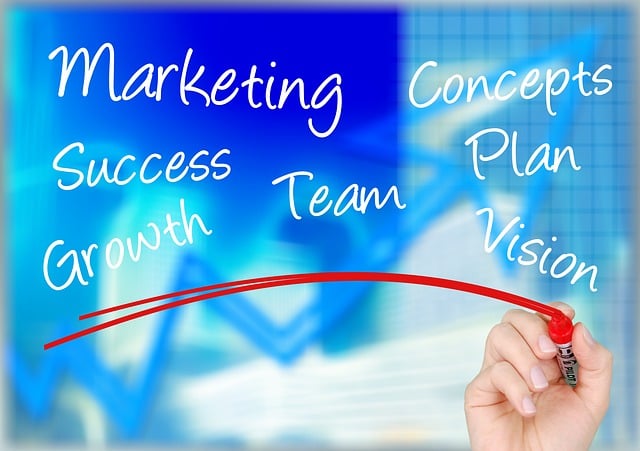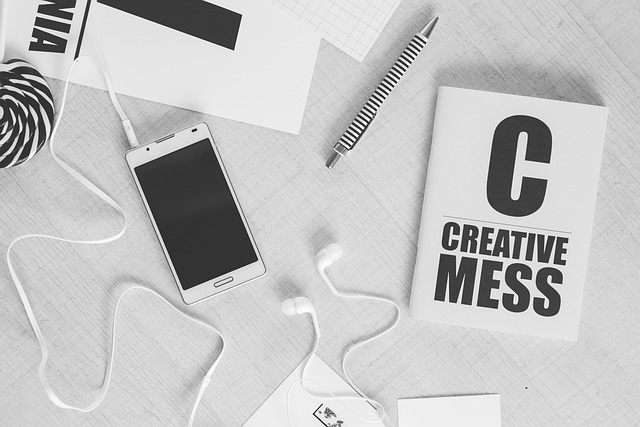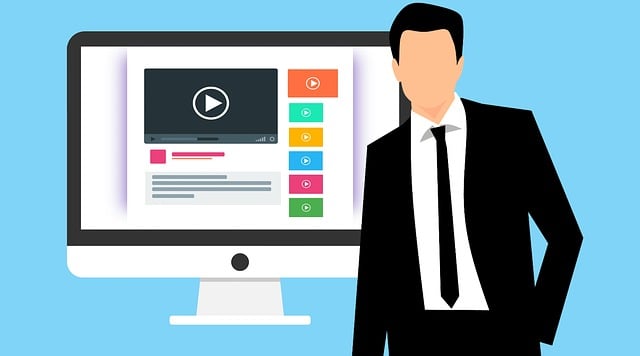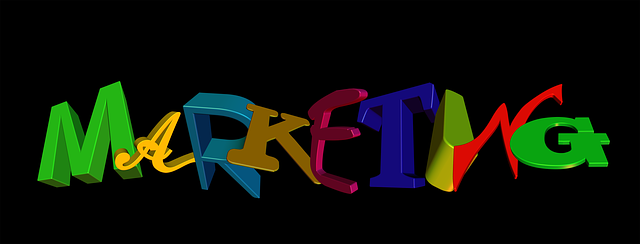Wearables for hydration tracking, powered by sensors, algorithms, and sometimes AI, analyze physiological signals like sweat rate, heart rate variability, and skin conductance to monitor fluid intake and overall wellness. Integrated with AI personalized grocery list generators, these devices provide tailored recommendations on hydrating foods and beverages based on individual needs. Additionally, optimizing food timing through wearable technology helps users make informed meal decisions aligned with natural body rhythms, leading to improved health, digestion, mental clarity, and physical performance.
“Wearables are transforming our approach to health monitoring, offering unprecedented insights into hydration and nutrition. This article explores how these devices track fluid intake and optimize food timing through advanced technology. We delve into the mechanisms behind wearables for hydration tracking and their benefits. Furthermore, we introduce AI personalized grocery list generators, enhancing nutrition planning. By combining wearable tech with AI, individuals can gain control over their health and productivity, making informed choices to support their well-being.”
- Understanding Wearables for Hydration Tracking: How They Work and Benefits
- AI Personalized Grocery List Generators: Enhancing Nutrition Planning
- Optimizing Food Timing with Wearable Technology: Impact on Health and Productivity
Understanding Wearables for Hydration Tracking: How They Work and Benefits

Wearables for hydration tracking have revolutionized personal health monitoring, offering insights into one’s fluid intake and overall wellness. These devices leverage a combination of sensors, algorithms, and sometimes AI to measure various physiological signals. By analyzing sweat rate, heart rate variability, and even skin conductance, they estimate the body’s water balance. For instance, many wearables can detect when dehydration sets in, prompting users to drink more water throughout the day.
One notable benefit is their integration with AI personalized grocery list generators. By synchronizing data from these wearables with smart shopping apps, individuals can receive tailored recommendations for hydrating foods and beverages. This technology not only encourages better hydration but also promotes a healthier lifestyle by suggesting nutritious options aligned with personal needs.
AI Personalized Grocery List Generators: Enhancing Nutrition Planning

AI Personalized Grocery List Generators are revolutionizing nutrition planning, offering a convenient and tailored approach to healthy eating. These innovative tools leverage advanced algorithms to analyze an individual’s dietary needs, preferences, and even wearable data like hydration levels and food timing. By understanding user habits and goals, AI generators create customized grocery lists, ensuring a balanced diet and efficient shopping experiences.
This technology goes beyond basic nutritional recommendations. It considers unique requirements, such as dietary restrictions, allergies, or specific macronutrient targets. With real-time updates and adjustments based on consumption patterns, these generators foster mindful eating habits, ultimately supporting users in making healthier choices while simplifying the preparation of nutritious meals.
Optimizing Food Timing with Wearable Technology: Impact on Health and Productivity

Optimizing food timing with wearable technology is revolutionizing health and productivity. Smartwatches and fitness trackers now incorporate advanced algorithms that analyze physiological data in real-time, allowing users to make informed decisions about their meals. These devices can detect patterns in hunger cues, energy levels, and even stress, helping individuals align their eating habits with their body’s natural rhythm. By providing insights into the optimal time to fuel up, wearables contribute to improved digestion, enhanced mental clarity, and increased physical performance.
AI personalized grocery list generators are integral to this process. These innovative tools use data from wearable devices to suggest tailored meal plans and shopping lists. By considering factors like hydration levels, daily activity patterns, and even dietary preferences, AI algorithms ensure users have the right ingredients on hand, making it easier to stick to healthy habits. This integration of technology not only simplifies meal preparation but also promotes healthier lifestyles by encouraging mindful eating and efficient resource management.
Wearables have transformed hydration and nutrition tracking, offering insights that can optimize health and productivity. By understanding how these devices track water intake and even suggest optimal food timing through AI-powered tools like personalized grocery list generators, individuals can make informed choices to support their well-being. Embracing this technology encourages a healthier lifestyle with enhanced nutrition planning at the palm of your hand.
